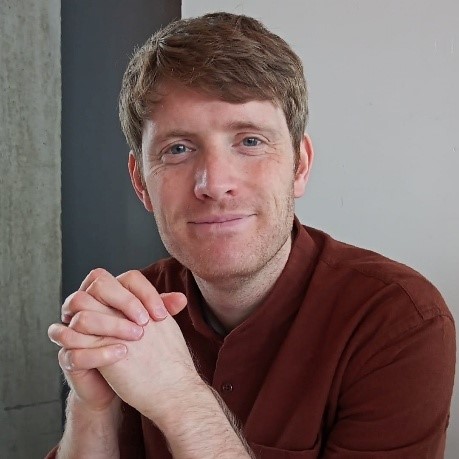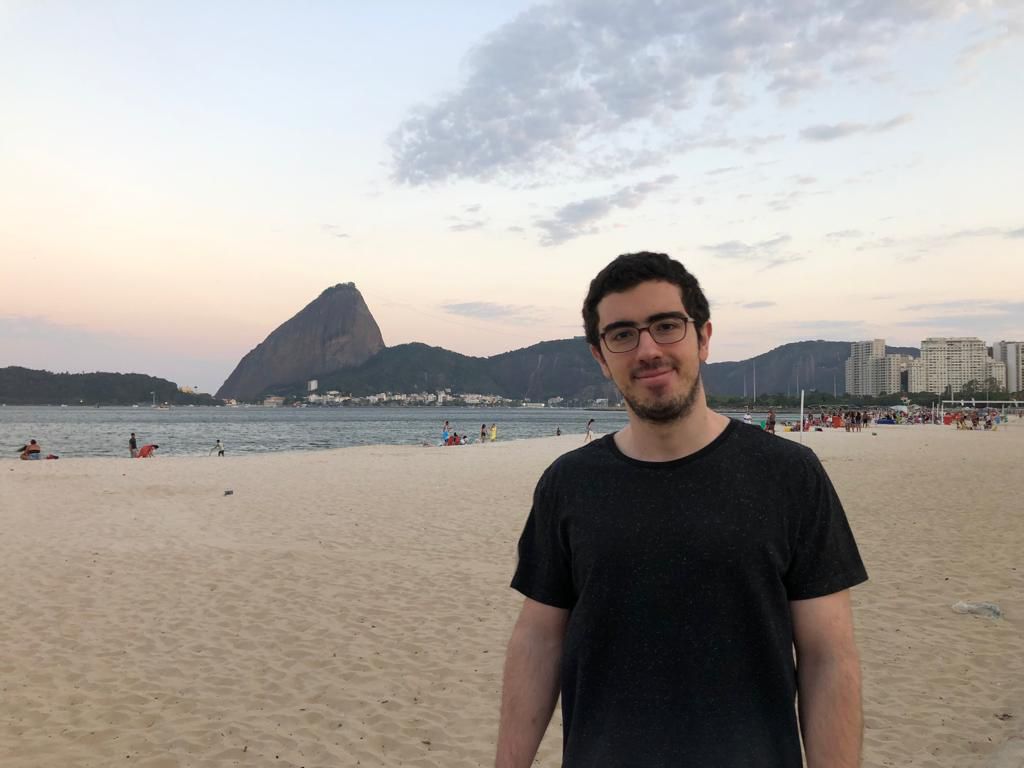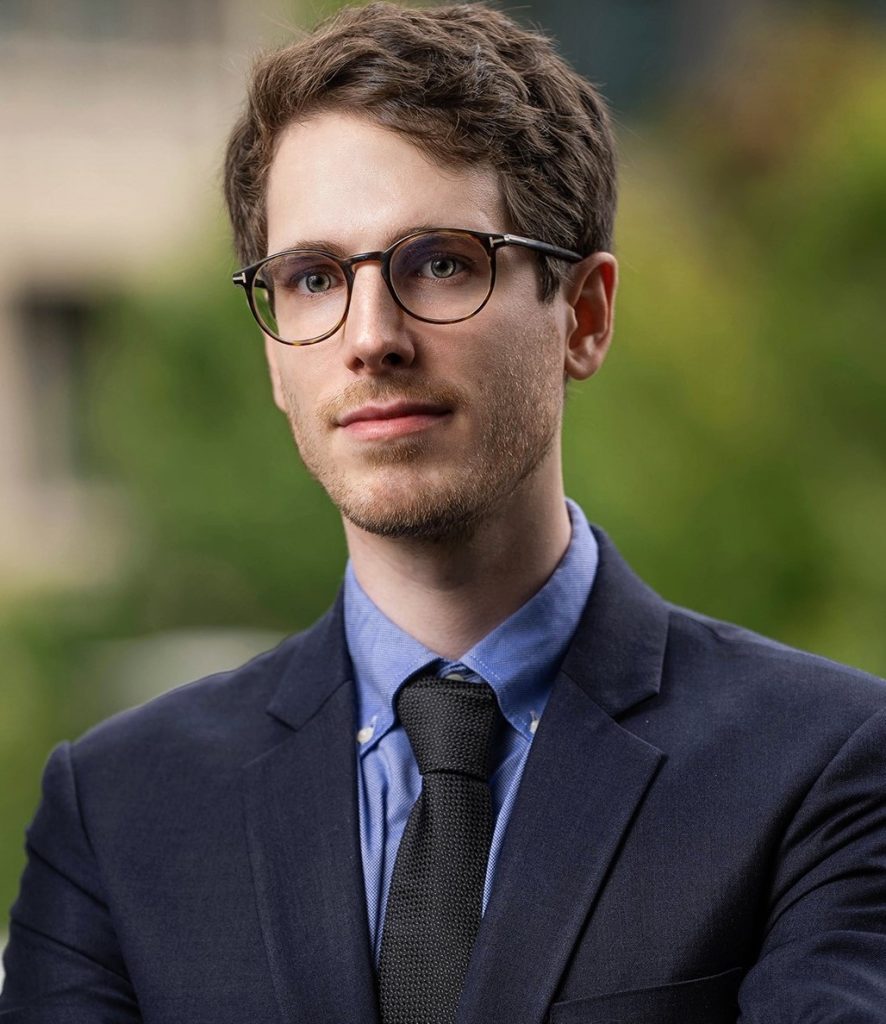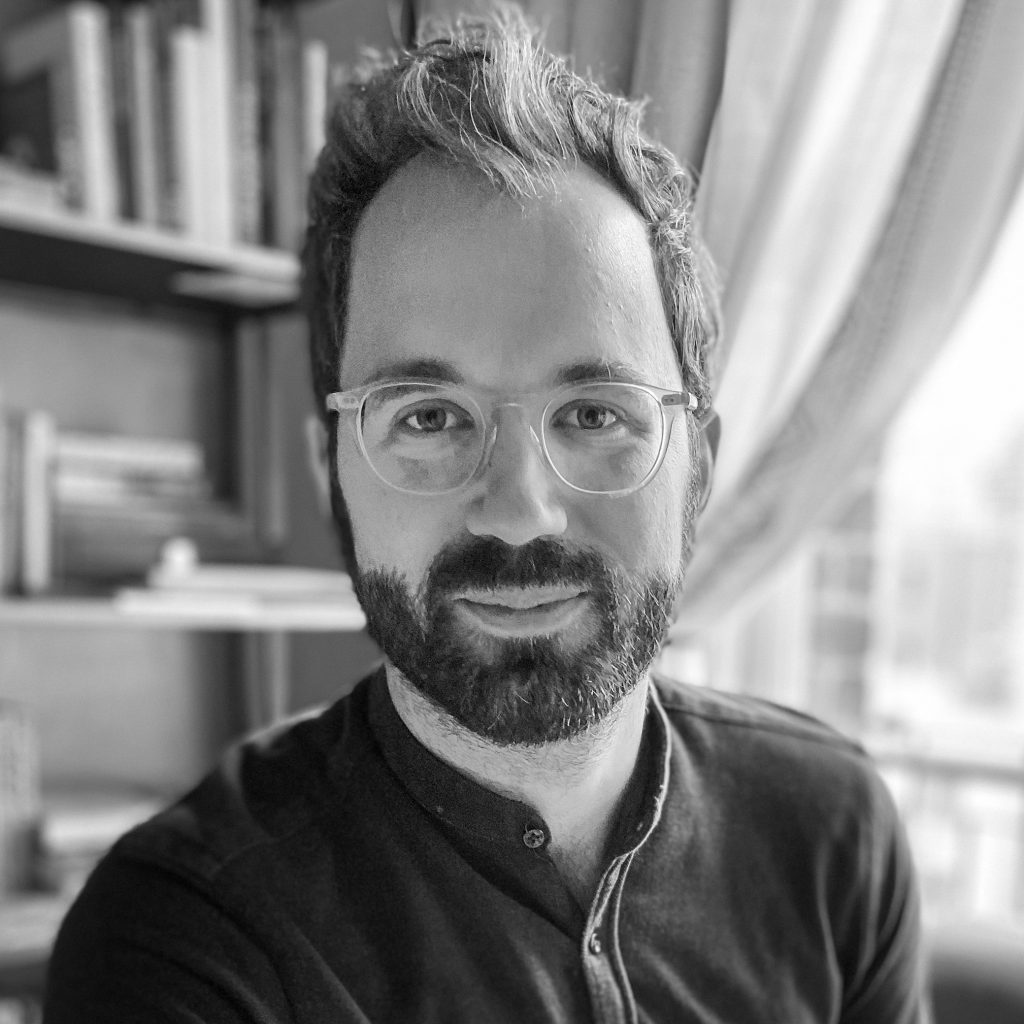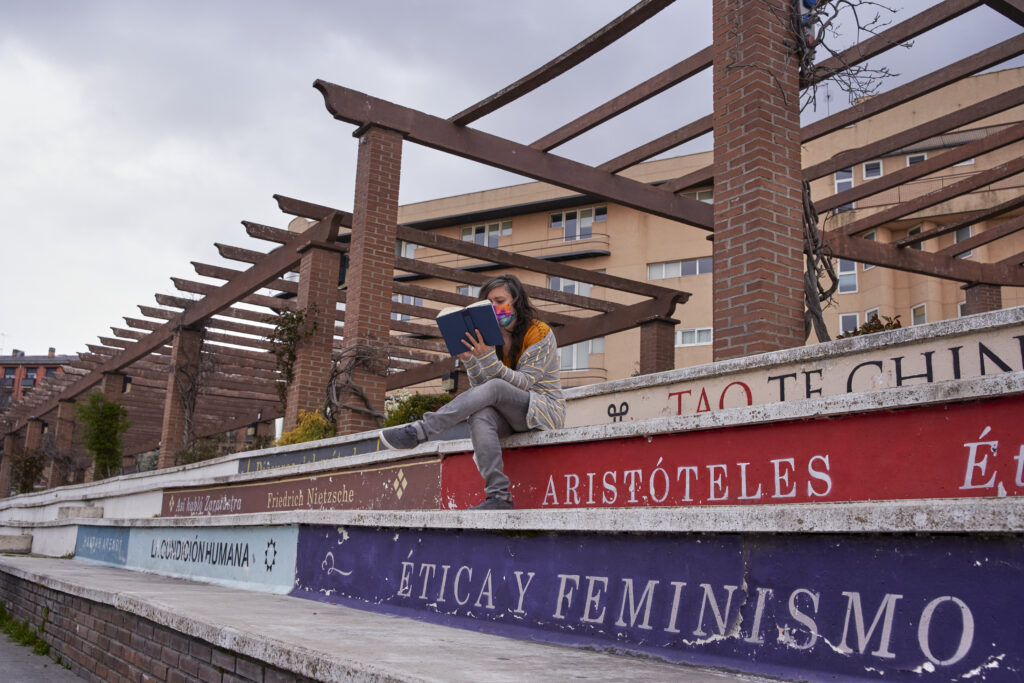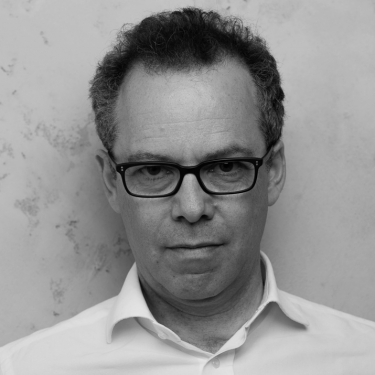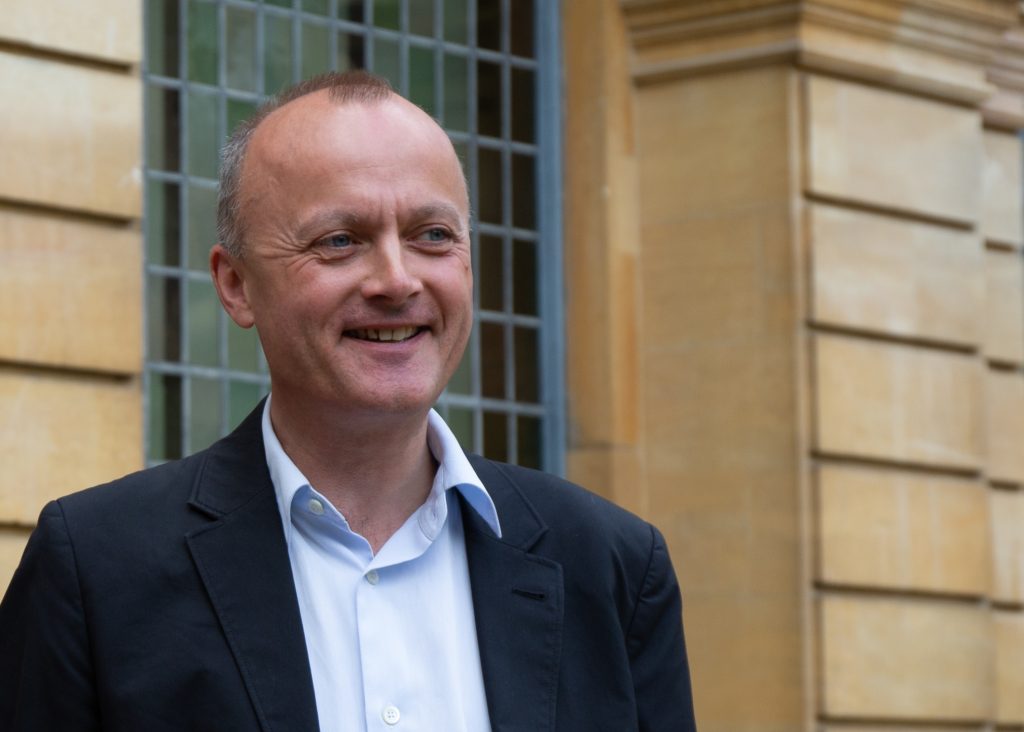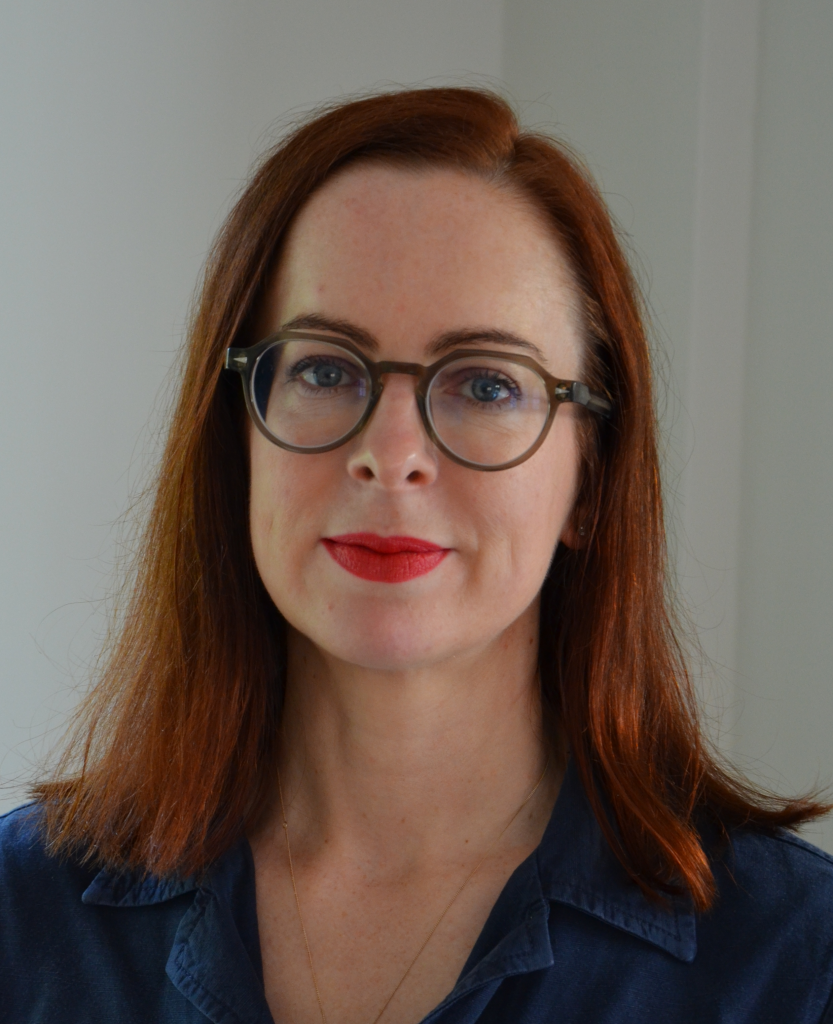Introduction
I attended the local comprehensive school (The Arnewood School in New Milton) before earning bachelor’s and master’s degrees in Philosophy at the University of Southampton. I then combined full-time work in the Modern Languages Department at Southampton with completing an MPhil focused on nineteenth-century philosophy. In 2017, I was appointed to a PhD position in Philosophical Aesthetics at Uppsala University in Sweden. During my doctoral studies, I worked as an Editorial Assistant at the British Journal of Aesthetics, was a visiting researcher at Birkbeck College and Auburn University, and received Essay Prizes from the European Society for Aesthetics (2020) and the British Society for Aesthetics (2024). I was subsequently a postdoc in the Department of Literature and Rhetoric at Uppsala University. In September 2025, I returned to the UK to take up my current position at Queen’s University.
Teaching
I teach the ‘Logic’, ‘General Philosophy’ and ‘Moral Philosophy’ first-year papers at Queen’s as well as the ‘Ethics’ finals paper.
Research
My primary research project focuses on philosophical aesthetics and draws on work in the history of philosophy, value theory, epistemology, and normative theory. It revolves around two currently neglected claims with a venerable historical lineage. First, that objects bearing aesthetic value demand that we cognitively explore them on their own terms and for their own sake as the distinct individuals they are. Second, that intelligible beauty is the highest form of aesthetic value. I intend to develop a comprehensive account of aesthetic value and aesthetic normativity from these two claims.
I also work on the philosophy of honesty and nineteenth-century philosophy. In a secondary research project, I argue for a particular view of honesty: to be honest is to strive to live—and succeed in living—in harmony with the truth.
Publications
- Page, J. (forthcoming) Winner of the British Society of Aesthetics Essay Prize 2024 ‘Artistic Honesty’, British Journal of Aesthetics.
- Page, J. (forthcoming) ‘Aesthetic Communication’, Ergo
- Page, J. (2024) ‘Nietzsche contra Schopenhauer on Art and Truth’,The Monist, Vol. 107, Issue 4, October 2024, Pages 378–392, https://doi.org/10.1093/monist/onae021
A full list of my publications can be found here
